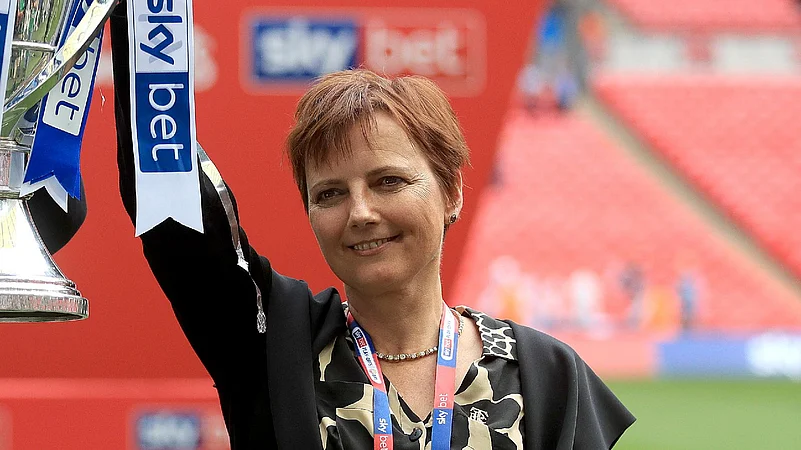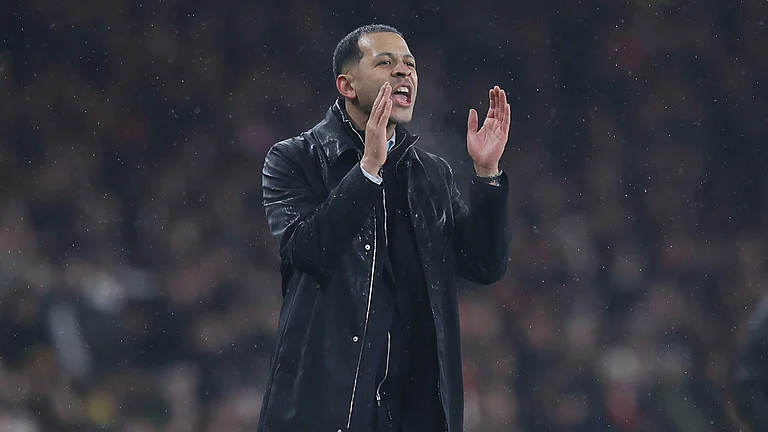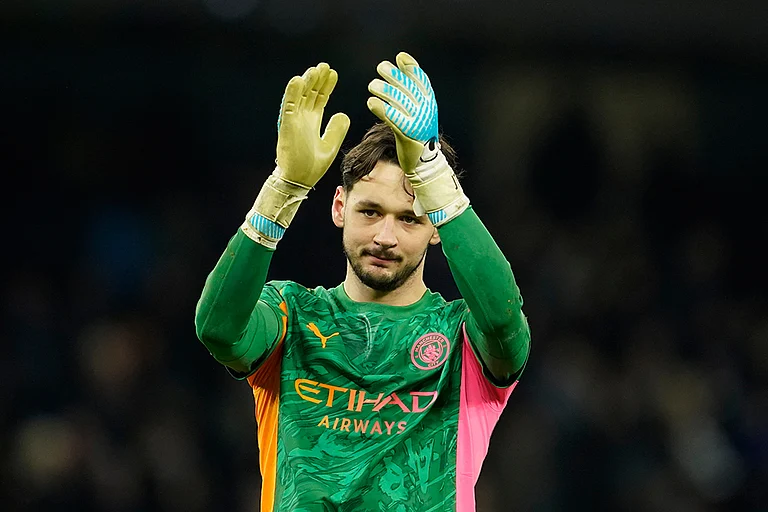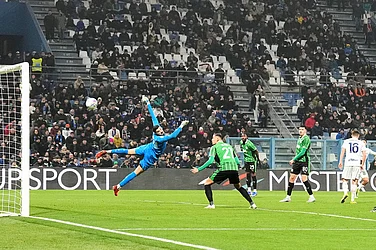A lower-league club boss has called for protests over the decision to scrap all FA Cup replays and warned the Premier League will “strangle” the pyramid without a strong independent regulator. (More Football News)
Replays have been abolished from the first round onwards from next season as part of a minimum six-year agreement between the Football Association and the Premier League.
The matches have long been a part of FA Cup tradition – with the first replayed final taking place in 1875 – and have in some cases been highly lucrative for lower-league clubs.
It has long been expected that the expansion of UEFA club competitions would lead to their abolition at least from the third-round stage, but Tranmere vice-chair Nicola Palios fears this move could be the thin end of the wedge.
“The FA and the Premier League have reached an agreement to suit themselves further at the expense of the rest of the football pyramid,” Palios posted on X.
“Bring on the regulator and make sure it has some teeth before the Premier League strangle the pyramid.
“Seven hundred and twenty-nine teams compete in the FA Cup. Why is its format being dictated by the Premier League who represent circa three per cent of them? Why were EFL clubs not given a say? Why is the EPL even dictating whether replays are allowed in rounds they don’t participate in? Protest is needed!”
Next season’s domestic calendar – including the changes to the FA Cup – have been approved by the FA’s Professional Game Board, which includes EFL representation.
The EFL has not yet commented on the matter.
The agreement also includes fifth-round ties reverting to a weekend slot, having been played in midweek for the last five seasons. The FA Cup final will also now be played on the penultimate weekend of the Premier League season.
FA chief executive Mark Bullingham insists the move, which will mean up to an extra £33million for the pyramid, strengthens the FA Cup.

Andy Holt, the chairman of Accrington, wrote on X: “Why would the hapless FA scrap early-round replays that can be lucrative to minnows? A chance to change their financial fortunes? Against EFL clubs? I expect nothing less of Masters and co Premier League buying the game into a format that suits their needs.”
Niall Couper, the chief executive of the Fair Game football reform group, described the move as “short-sighted” and as “another nail in the coffin for the already crumbling football pyramid”.
FA sources have challenged the notion that replays are major revenue earners for lower-league clubs. Of the 19 third and fourth-round replays in the last 10 years where an EFL side was away, 12 had an attendance of over 25,000. Only a very small percentage of first and second-round replays over the same period achieved attendances of over 7,000.
Nevertheless they remained popular among fans, with 69.5 per cent of those taking part in a Football Supporters’ Association survey last summer believing they are an important part of the FA Cup. The FSA, which had been involved in talks with the FA over the FA Cup’s format, has not yet commented.
Freeing up first and second-round replay dates would help to create room for any expansion of the EFL Trophy, which has been under discussion between the Premier League and the EFL. The former is keen to give top-flight clubs’ young stars more opportunities to play in competitive matches.
However, with talks over a new financial settlement between the EFL and the Premier League stalled, it is unclear when – or even if – such an expansion would take place.
The Professional Footballers’ Association said the move highlighted the knock-on impact to domestic football of changes agreed at the international level.
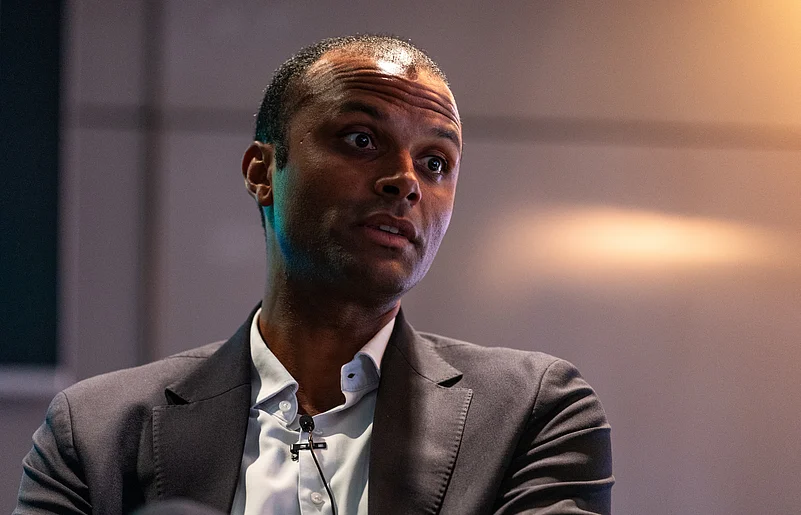
“What football needs is a collective approach to a properly thought-out global fixture calendar – not a fight for available dates,” PFA chief executive Maheta Molango said.
“(The agreement) shows how decisions that are made at an international level have a knock-on impact which affects clubs, and players, throughout the pyramid.
“The current unsustainable approach to the calendar needs to be seen as an issue for every club at every level if we want to continue to protect our domestic competitions.”






